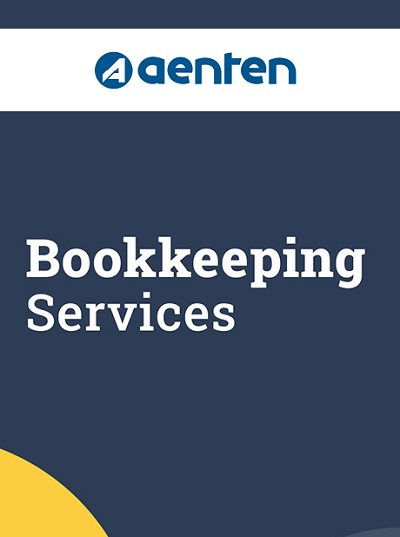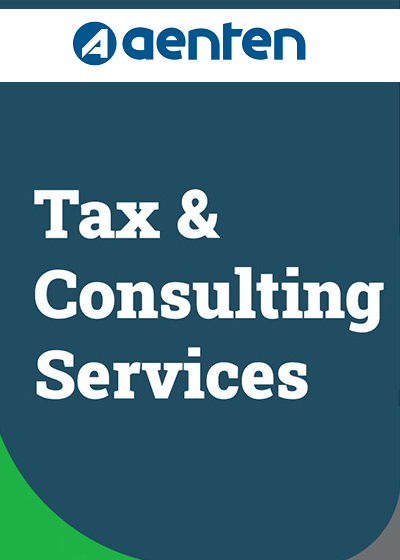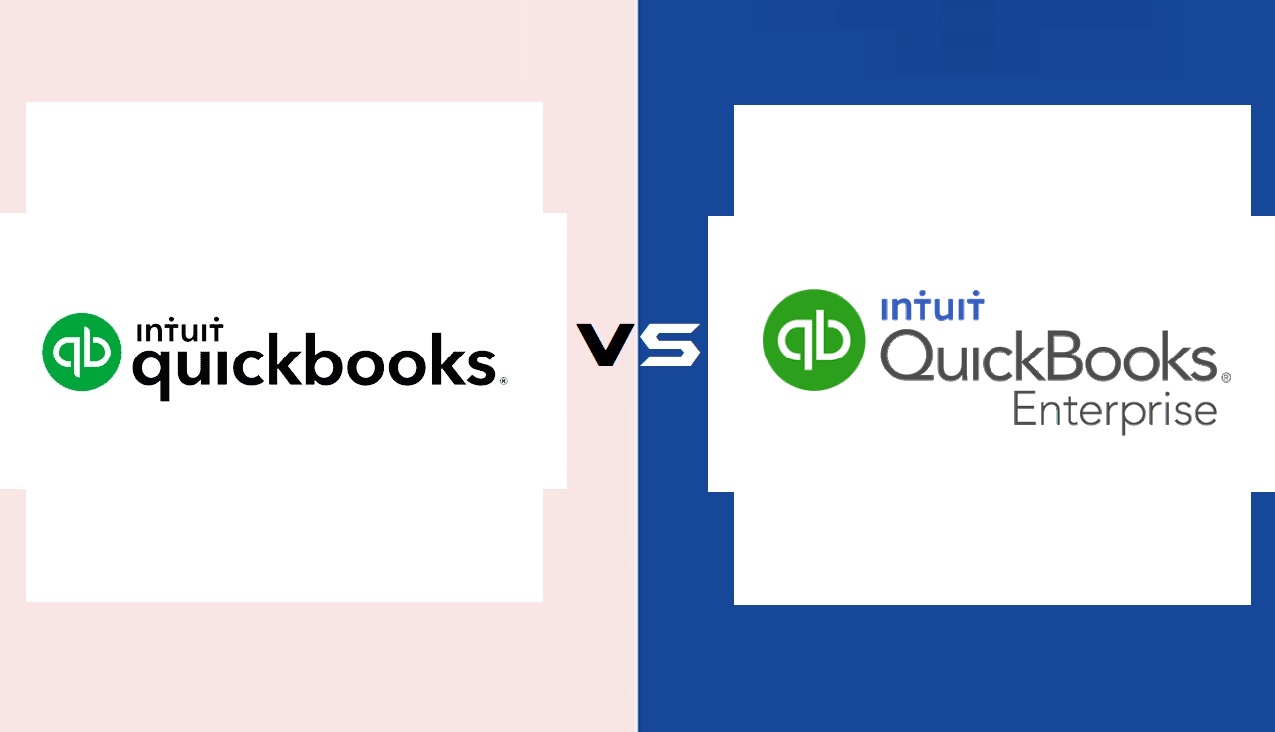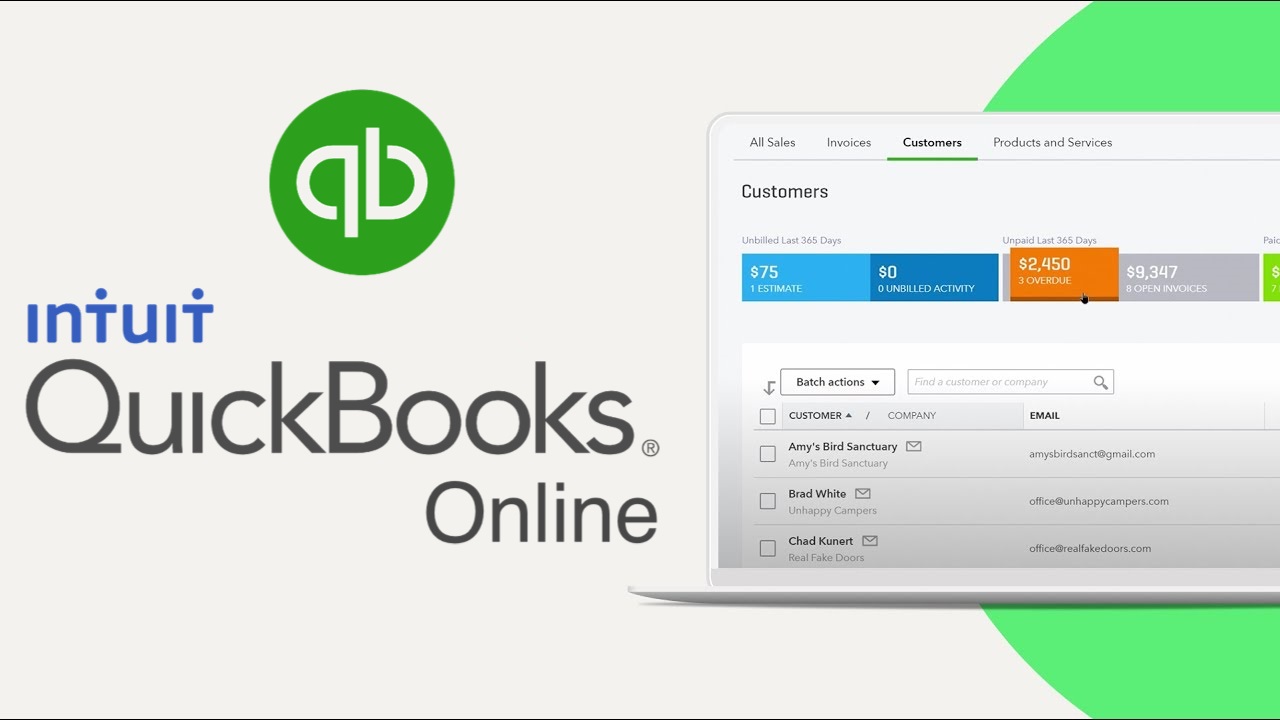If you owe tax debt to the Internal Revenue Service (IRS), it’s important to take action to pay it off as soon as possible to avoid penalties and interest charges. Here are 10 ways to pay off IRS tax debt:

1. Pay in full:
If you can afford to pay off your tax debt in full, this is the easiest and most straightforward option. You can make a payment directly to the IRS using a credit card, debit card, or bank transfer.
2. Installment agreement:
If you can’t pay off your tax debt in full, you may be able to set up an installment agreement with the IRS. This allows you to make monthly payments over a period of time until the debt is paid off. There may be fees and interest charges associated with this option.
3. Offer in compromise:
If you are unable to pay off your tax debt in full or through an installment agreement, you may be able to negotiate an offer in compromise with the IRS. This is a settlement agreement that allows you to pay a reduced amount to settle your debt.
4. Partial payment installment agreement:
This is similar to an installment agreement, but it allows you to make smaller monthly payments. However, it may take longer to pay off your debt and you may end up paying more in interest and penalties.
Read Also : How To Read Balance Sheet ?
5. Currently not collectible status:
If you are experiencing financial hardship and are unable to pay off your tax debt, you may be able to request currently not collectible status. This means that the IRS will temporarily stop collection actions until your financial situation improves.
6. Penalty abatement:
If you have been hit with penalties for failing to file or pay your taxes, you may be able to request a penalty abatement. This will reduce or eliminate the penalties you owe.
7. Hardship status:
If you are experiencing extreme financial hardship, you may be able to request hardship status. This means that the IRS will stop collection actions until your financial situation improves.
8. Bankruptcy:
If you are unable to pay off your tax debt through any other means, you may be able to discharge your tax debt through bankruptcy. However, this should be considered as a last resort, as it can have serious consequences for your credit score and financial future.
9. Offer a lump sum payment:
You may be able to offer the IRS a lump sum payment to settle your tax debt. This can be a good option if you have a significant amount of cash on hand.
10. Seek professional help:
If you are struggling to pay off your tax debt, it may be a good idea to seek the help of a tax professional. They can help you explore your options and negotiate with the IRS on your behalf.
Bookkeeping Baltimore, MD | Online Bookkeepers & Accountants
In conclusion : if you owe tax debt to the IRS, there are several options available to help you pay it off. The key is to take action as soon as possible to avoid penalties and interest charges. By exploring your options and seeking professional help if necessary, you can work towards resolving your tax debt and getting back on track financially.




